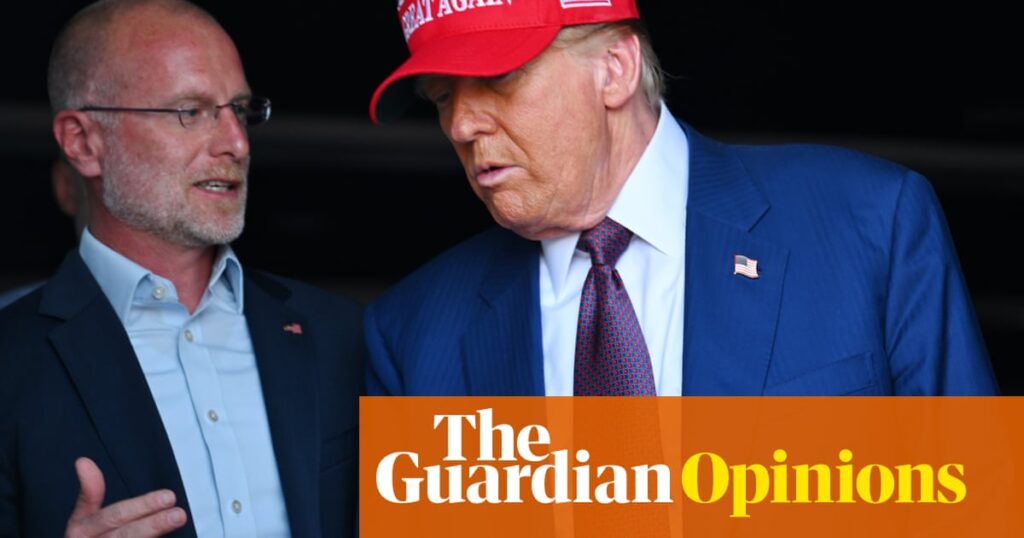
It is time to unfurl the “Mission Accomplished” banner at the Federal Communications Commission (FCC). Paramount Global, the parent company of CBS Television, has agreed to pay $16 million to settle a lawsuit brought by Donald Trump over the editing of a 60 Minutes interview with Kamala Harris. The settlement potentially signals the end of the FCC’s prolonged review of the Paramount-Skydance Media merger.
Just two days after President Trump took office, the agency’s new chair, Brendan Carr, thrust the FCC into the spotlight by addressing the Trump lawsuit, which alleged “news distortion.” The New York Post captured the moment with the headline: “Trump’s FCC pick Brendan Carr says ‘60 Minutes’ editing scandal could affect Paramount-Skydance merger review.”
The Lawsuit and Its Political Context
The lawsuit was initiated in the final week of the 2024 presidential campaign under the Texas Deceptive Trade Practices Act, a statute traditionally used against false advertising. Filed in a federal district court known for conservative leanings, CBS dismissed the case as “without merit.”
The 60 Minutes broadcast aired in October, with an excerpt appearing on Face the Nation the day before. Shortly thereafter, the Center for American Rights filed a complaint with the FCC, accusing CBS of “significant and substantial news alteration.” Initially dismissed for attempting to “weaponize” FCC authority contrary to the First Amendment, the complaint was revived when Carr assumed the FCC chairmanship.
Political Leverage and FCC Authority
The election of Trump and Carr’s appointment transformed the Paramount/CBS merger review from a routine evaluation into a broader inquiry that included the 60 Minutes editing controversy. Carr remarked, “I’m pretty confident that the news distortion complaint over the 60 Minutes transcript is something that is likely to arise in the context of the FCC review of that transaction.”
The formal paperwork for FCC approval of the license transfers was submitted on September 6, 2024. With the lawsuit now settled, observers are keen to see how swiftly the FCC will proceed.
“The CBS case is just one example of the tactical leverage the Trump FCC regularly exerts over those it regulates.”
Expanding Influence Beyond Traditional Boundaries
Even before officially becoming FCC chair, Carr began exercising influence to advance the Maga agenda. He penned a letter to the CEOs of major tech companies, accusing them of participating in a “censorship cartel” that threatened constitutional freedoms. He warned of potential investigations into their editorial decisions under Section 230 of the Communications Act.
Recently, Carr conditioned the approval of Verizon’s acquisition of Frontier Communications on Verizon abandoning its corporate diversity, equity, and inclusion (DEI) policies. He also launched an investigation into Comcast Corporation for promoting DEI as a core business value.
From Press Freedom Advocate to Political Enforcer
In his pre-FCC chair days, Carr was a vocal advocate for press freedom. In 2021, he stated, “A newsroom’s decision about what stories to cover and how to frame them should be beyond the reach of any government official.” However, as Trump’s FCC chair, Carr not only pursued the 60 Minutes issue but also initiated an investigation into NPR and PBS regarding their programming.
The Broader Implications
The FCC’s regulatory authority directly impacts about one-sixth of the American economy while influencing the remaining sectors reliant on communications networks. What was once an independent, policy-driven agency has been transformed into a performance-based entity, wielding its power to further the Trump Maga message.
As the dust settles on the Paramount settlement, the focus now shifts to the FCC’s next moves and the potential long-term implications for media regulation and political influence.







